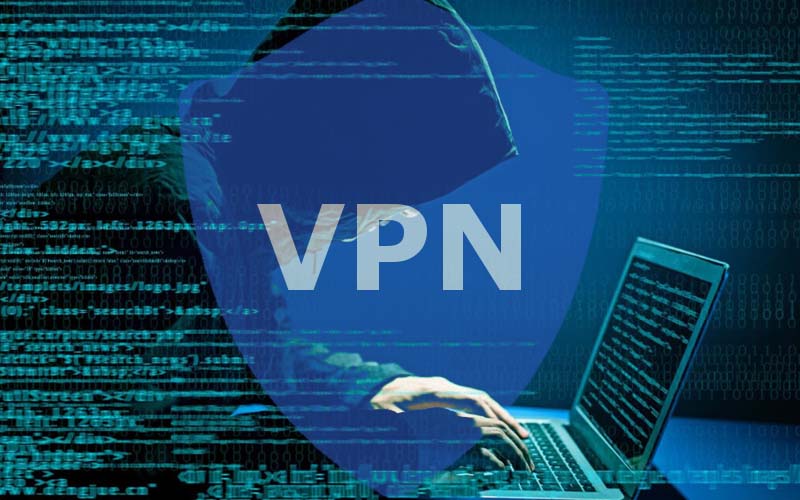In today’s interconnected world, industries rely heavily on secure networks to safeguard sensitive data and maintain operational integrity. One indispensable tool in this digital arsenal is the Virtual Private Network (VPN).
Enhancing Data Security
VPN ensures encrypted communication, shielding industries from cyber threats and unauthorized access attempts. It secures data transmission, mitigating risks of breaches and data leaks. By encrypting data packets, VPNs create a secure tunnel through which information travels, safeguarding it from interception and exploitation by malicious actors.
Facilitating Remote Operations
In the modern landscape, remote work is prevalent. VPN enables secure access to internal systems and resources, fostering seamless remote operations without compromising security. Employees can connect to the corporate network securely from any location, accessing files, applications, and resources as if they were in the office, thereby promoting productivity and flexibility.
Protecting Intellectual Property
Industries thrive on innovation and intellectual property. VPN shields proprietary information from prying eyes, preserving competitive advantage and safeguarding trade secrets. Whether it’s research and development data, product designs, or client information, VPN encryption ensures that sensitive intellectual property remains confidential and protected from espionage or theft.
Ensuring Regulatory Compliance
Compliance with industry regulations is paramount. VPN assists in adhering to data protection laws by safeguarding sensitive information, preventing regulatory penalties and reputational damage. Industries dealing with customer data, such as healthcare or finance, must comply with strict regulations like HIPAA or GDPR. VPN encryption helps maintain compliance by safeguarding data both in transit and at rest, ensuring privacy and integrity.
Enhancing Collaboration
Collaboration is key to industry success. VPN facilitates secure communication and file sharing among teams, regardless of geographical barriers, fostering collaboration while maintaining data integrity. With VPNs, employees can securely collaborate on projects, share confidential documents, and communicate with colleagues across the globe without the risk of data interception or unauthorized access.
Preserving Confidentiality
Confidentiality is critical across industries, from finance to healthcare. VPN encrypts data transmission, ensuring confidentiality and preventing unauthorized access to sensitive information. Whether it’s financial transactions, patient records, or corporate strategies, VPNs ensure that confidential data remains protected from prying eyes, preserving trust and integrity.
Mitigating Risks of Cyber Attacks
Cyber attacks pose a significant threat to industries. VPN acts as a barrier against malicious activities, thwarting hacking attempts and protecting critical infrastructure from cyber threats. With VPN encryption, industries can mitigate the risk of data breaches, DDoS attacks, and other cyber threats, enhancing their resilience in the face of evolving cybersecurity challenges.
Streamlining Operations
Efficiency is paramount in industries. VPN streamlines operations by providing secure access to resources, eliminating geographical constraints, and enhancing workflow efficiency. Whether it’s accessing cloud services, collaborating with remote teams, or conducting business transactions securely, VPNs optimize operations, reduce downtime, and drive productivity.
Enabling Secure Access to Cloud Services
Cloud adoption is on the rise across industries. VPN ensures secure access to cloud services, safeguarding data during transmission and storage, enhancing cloud security posture. By encrypting data traffic to and from the cloud, VPNs protect sensitive information from interception or tampering, enabling industries to leverage the scalability and flexibility of cloud computing without compromising security.
Conclusion
In conclusion, VPN plays a pivotal role in safeguarding industries in an increasingly digital landscape. From enhancing data security to enabling remote operations and ensuring regulatory compliance, VPN serves as a cornerstone of digital resilience and operational integrity. By leveraging VPN technology, industries can fortify their networks, protect sensitive information, and adapt to evolving cybersecurity threats, ensuring business continuity and competitive advantage.

